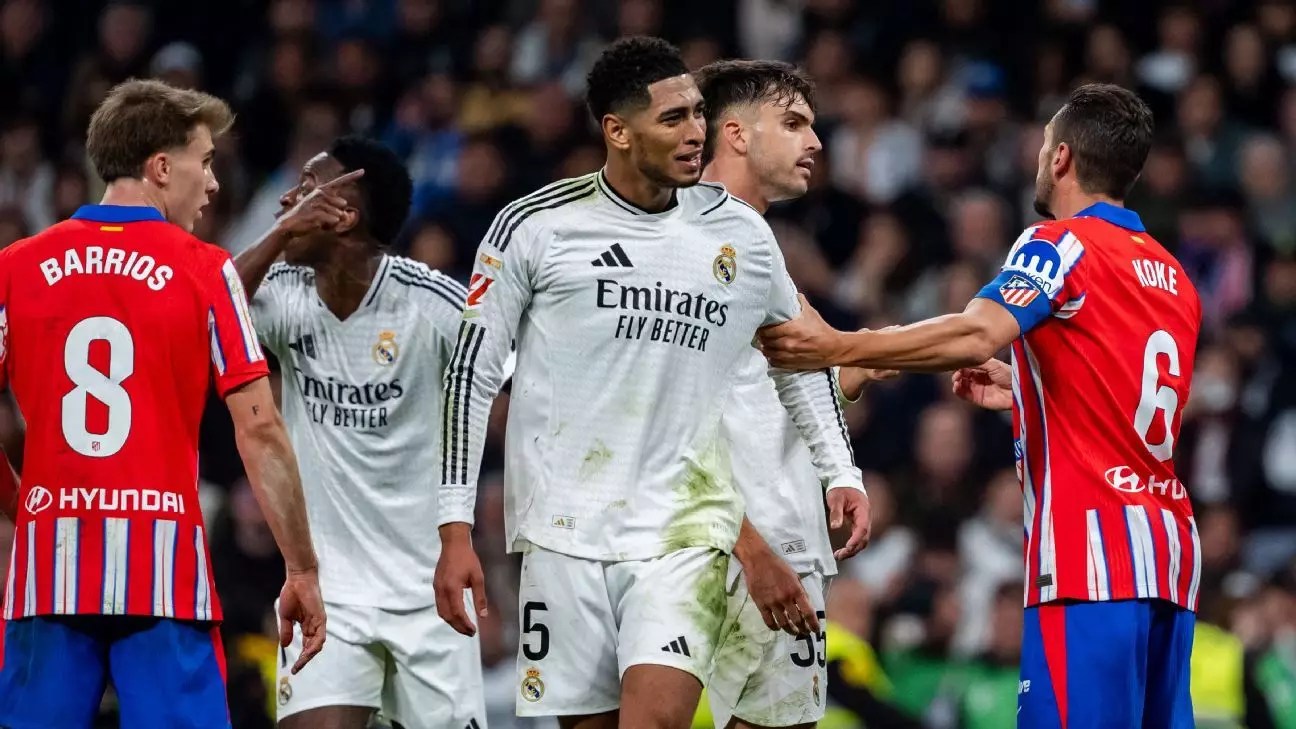The UEFA Champions League, one of the most prestigious tournaments in club football, has undergone a significant transformation in its structure. As the eagerly anticipated draw for the round of 16 approached on February 21, football fans across the globe were left wondering how this would all play out. The implications of the league phase placements and the new knockout format have raised numerous questions regarding team strategies, match expectations, and the overall dynamics of the tournament.
Under the revamped format, the Champions League has adopted a system that places a considerable emphasis on league placements from the group stages. Teams that finished in the top eight of their respective leagues automatically progressed to the knockout phase, marking a major shift in how clubs approach the group stage. This new progression method created excitement and tension, compelling teams to fight for the top spots to avoid early eliminations.
For clubs finishing between ninth and 24th, the stakes were equally high. These teams entered a knockout playoff round, with the opportunity to secure one of the eight coveted positions in the round of 16. This adjustment means that teams must not only fight for league supremacy but also navigate potential eliminations during the knockout phase. The clubs that finished between 25th and 36th found themselves on the sidelines, having already faced elimination from the tournament.
The draw for the round of 16 pitted several illustrious clubs against each other, igniting old rivalries and setting the stage for thrilling encounters. Notable fixtures such as Paris Saint-Germain facing Liverpool and Real Madrid squaring off against Atlético Madrid promise intense matches that reflect both clubs’ ambitions and histories. As teams prepare for these battles, the dynamics of home and away fixtures also play a crucial role. The seeded teams are guaranteed to play their second leg at home, establishing a potential impact on the outcomes.
Interestingly, the tournament saw a mix of familiar faces and surprising matchups based on the league placements. While traditional powerhouses like Barcelona and Arsenal are still in the fray, the unexpected pairing of Manchester City against Real Madrid stands out as a highlight, showcasing the unpredictability of the new format. Each team must navigate the probabilities that come with being drawn against rivals from the same domestic league, leading to the potential for high-stakes matches earlier than in previous formats.
Looking ahead, the timeframes for the knockouts are critical to understanding the potential trajectories of the clubs involved. With the first legs scheduled on March 4-5 and the second legs on March 11-12, teams are acutely aware that performance in these matches will dictate their progression in the tournament. The anticipation builds, not least because the structure eliminates the previous random draws for quarterfinal and semifinal matchups, leaving clubs with clearer paths to potential opponents depending on their league finishes.
The quarterfinals and semifinals follow suit, with matches stretched out across April and May, closing out with the final slated for May 31 at the Allianz Arena in Munich. This drawn-out competitive structure demands more strategic planning from clubs, further weighing the importance of every match.
The reintroduction of seeding has added another layer of strategy to the UEFA Champions League. Higher-seeded teams are kept from facing each other until deeper rounds, thus allowing them to potentially advance without facing immediate elimination from equally strong competitors. While many applaud this system, it has also stirred debates around fairness, especially concerning teams like Manchester City, Paris Saint-Germain, and Real Madrid, who struggled in their league placements yet boast rich histories in European competitions.
As fans gear up for an enthralling series of matches, the excitement surrounding the new format of the UEFA Champions League is palpable. Clubs now have to rethink their approaches to securing points in the group stages and maximizing their chances in the knockout round. The restructured format may very well dictate which teams will emerge triumphant in this coveted tournament, making every game crucial on the road to glory. Fans and analysts alike will be watching closely, curious to see how these changes will influence the outcome of one of football’s grandest stages.


Leave a Reply